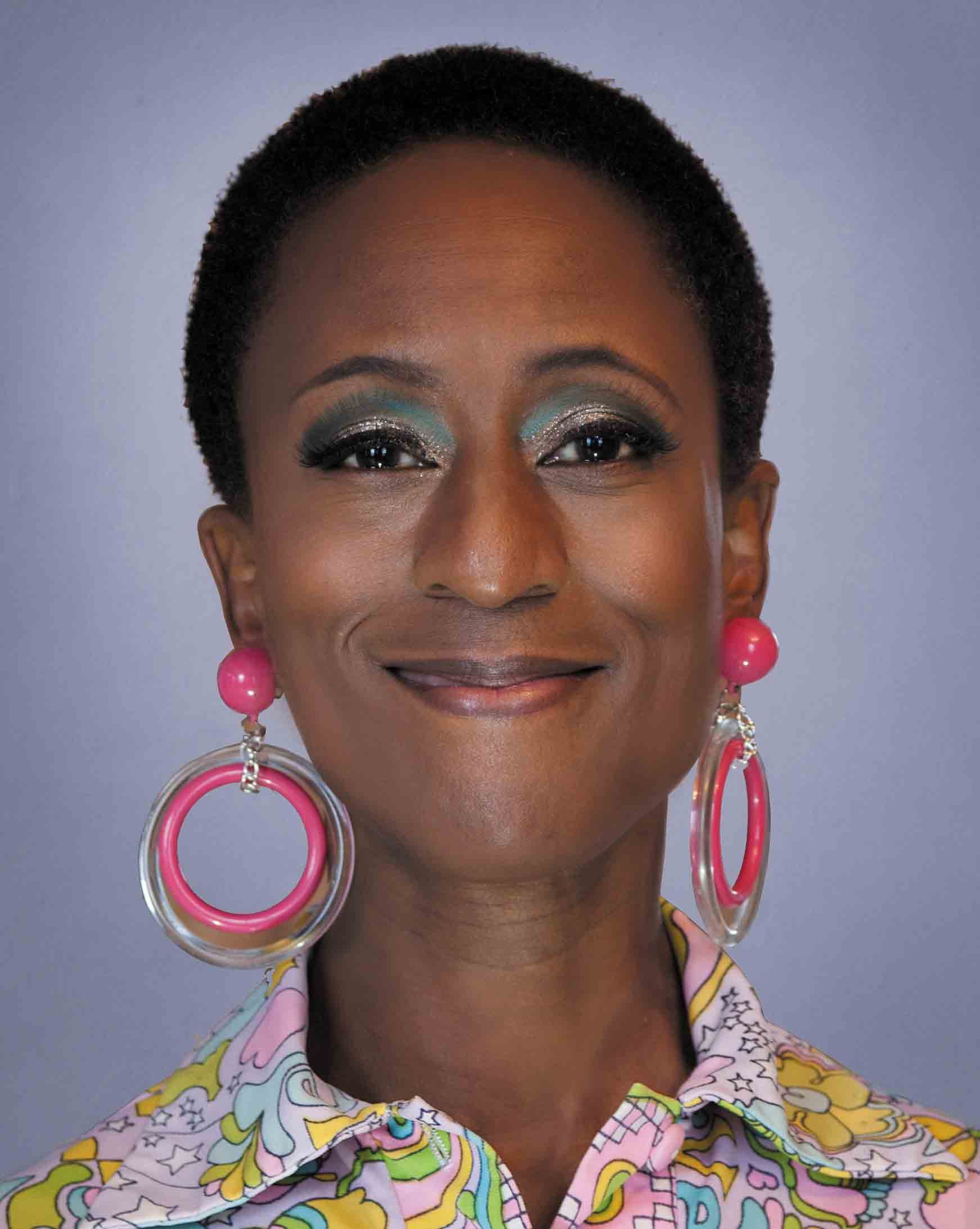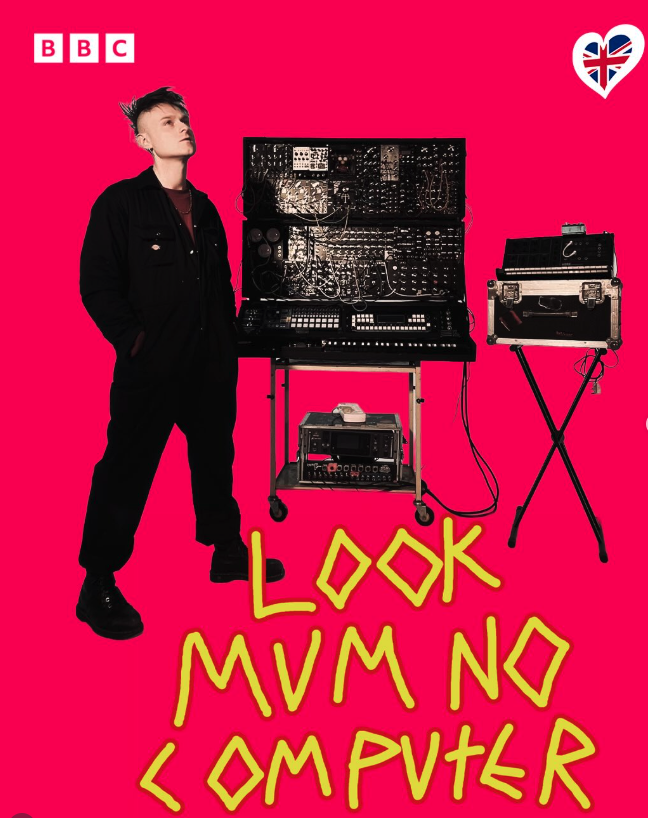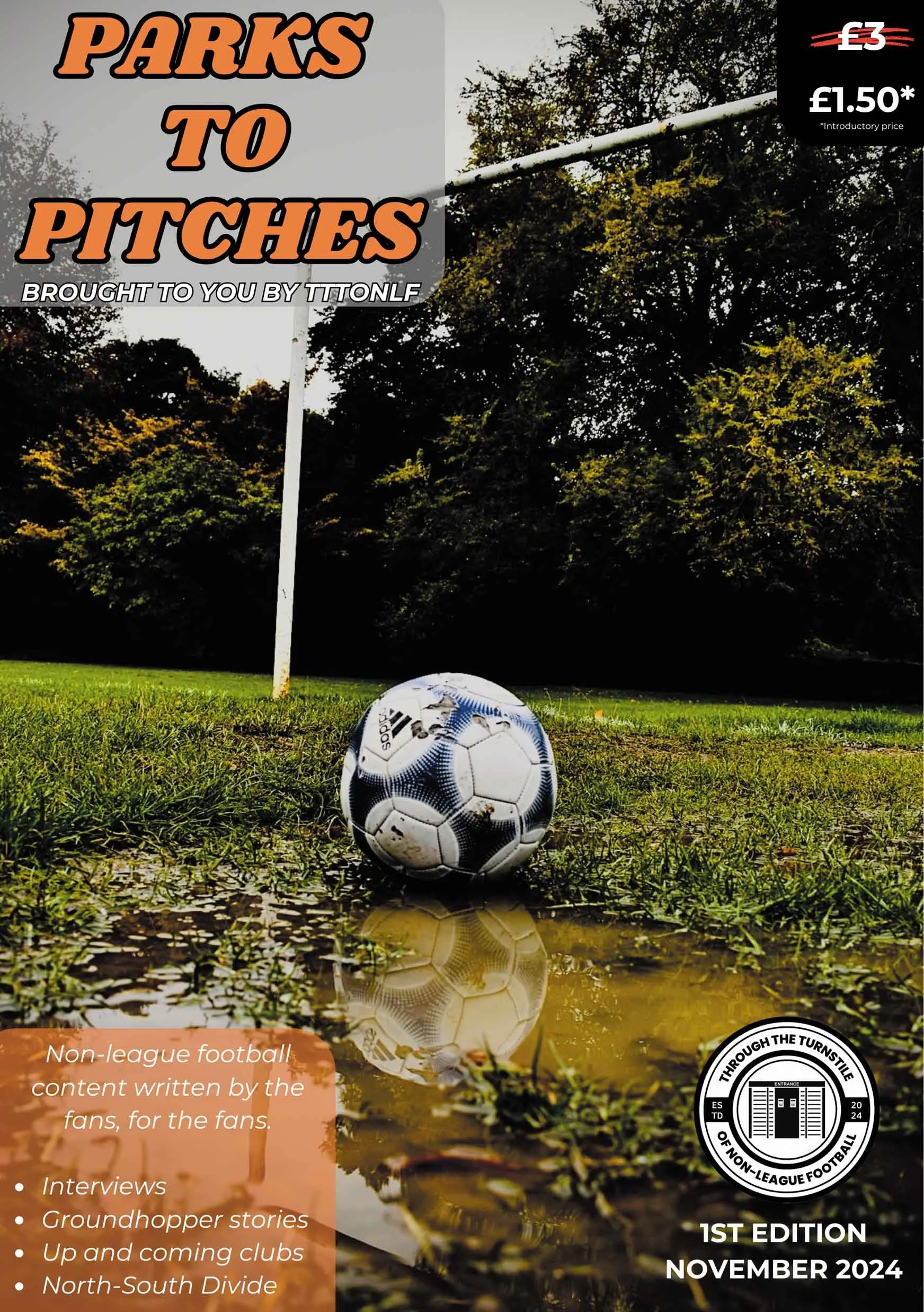A Tale as Old as Grime: Interview with Gravesend poet Patience Agbabi
Renowned wordsmith Patience Agbabi on using grime to rework the Canterbury Tales and being poet in residence at a tattoo and piercing studio
Image: Lyndon Douglas courtesy Renaissance One
“I’ve just got to check something with you. It says here that you’ve been a poet in residence at Eton but also at a London tattoo and piercing studio?”
Patience Agbabi is a poet, a writer and a novelist and does a pretty convincing turn as a grime artist. The spectrum on which her creative career has operated is one that most others could only wish to comprehend, let alone equate to - from lecturing at the University of Kent to performing live at Glastonbury Festival.
“At Eton I was formally invited, whereas at the tattoo studio I actually approached them,” she explains. “All around the Millennium, this [lottery] money was used to put poetry in unusual places. I had this idea that I’d like to go to a tattoo and piercing studio - I’d already got a tattoo and was desperate to have another one.
“And so I just went knocking on doors and the first place wasn’t interested at all, but the second place was Flamin’ Eight on Holloway Road. They were totally up for it. As soon as I walked in, Naresh had all these books on his shelf, not only about tattoos but also about rap and graffiti and stuff. He was really interested in that crossover. And of course that appealed to me, too. So that’s probably why he was into the idea of having a poet in residence.”
“That’s what you want. You want young people, especially, to think poetry is fun, you know, not to think that poetry is really boring.”
Born in London in 1965 to Nigerian parents, Patience spent her teenage years living in North Wales before heading to Oxford University. She toured extensively both as a solo performer and as part of Atomic Lip, poetry’s first ‘pop group’ in the 90s. R.A.W., her groundbreaking debut collection of poetry, was published in 1995 and won the 1997 Excelle Literary Award. She has performed all over the world from Namibia to Switzerland, in theatres, tents and even metro stations. But for the past 20 years, home has been Gravesend in north Kent.
“I think the media often portray, and they liked, this sort of London urban poet, but actually I’ve been in Kent for quite a long time,” she says. And why Gravesend?
“Love is the answer to that. My partner, now husband, works in Rochester. So he moved out from London to be closer to work. And we didn’t want to live in Rochester, we preferred Gravesend. I really love being close to the river. That for me was a massive feature. We’ve got a family here and I very much feel part of the community.”
Arguably Patience’s most celebrated collection, Telling Tales, which was shortlisted for The Poetry Society’s Ted Hughes Award for New Work in Poetry, was written during her time as Canterbury Poet Laureate. It features a total reimaging of Geoffrey Chaucer’s famous Canterbury Tales, using modern spoken-word rhythms including huge influences from the UK grime scene.
“There were several things they wanted me to do as Laureate… to engage with audiences, run workshops, readings, and to write something that’s related to Canterbury,” says Patience, who is a self-confessed Chaucer head.
“It was terrifying, actually. I’m the sort of person who I get really good ideas but I don’t really think through the ramifications until I’ve said ‘Right, I’m going to do this’.
“I was actually sort of paralysed for a bit and couldn’t really write much at all. And it wasn’t very nice. But then I managed to jump on a train to Canterbury and I wrote the Parson’s Tale first, which is the one that you hear as they’re coming into Canterbury. I revamped it and made the seven deadly sins into these characters.
“I just wanted to infuse some creativity into that particular piece.”
Researching and working with a whole community of people, from university professors to rap artists, Patience created a new way of telling the famous stories with modern references and a pilgrimage from Southwark in London (as in the tales) that partially takes place on a Routemaster bus! If you head on to YouTube and find the Prologue Grime Mix you’ll get it.
“That was really important that it was grime, actually, because I wanted something that was London-centric,” says Patience. “And of course, grime coming from E3 in Bow, I really wanted to sort of celebrate that. It’s very British, very English and very London. “With each tale, it’s finding the voice and really, really quickly I knew the sort of feel I wanted to have. There is another grime battle in that book and a couple of raps. And then there’s loads that are different, you know. I sort of shake up the iambic pentameter, I use text speak, there’s all sorts of different styles, different registers, where it really pretends almost that each poem was written by a different person.”
Anyone who has been to a poetry reading or slam before will know that often the performers are serenaded by the clicking of fingers as a mark of appreciation, but on the occasion of the aforementioned Prologue Grime Mix performances the whooping and cheering cannot be stopped.
“That was actually at a sixth-form conference,” says Patience. “They were getting so excited that I think the teachers were going ‘calm down’. But it was brilliant that they got so excited about it. That’s what you want. You want young people, especially, to think poetry is fun, you know, not to think that poetry is really boring.”
The use of the grime elements in the works was arguably ahead of the curve, with the genre being only three or four years old in 2009 when Patience started Telling Tales.
“At that time, I’d listened to quite a lot of rap. I hadn’t listened to much grime. So I had to do some research. Initially, I went for the sort of big names like Dizzee Rascal and so on, but towards the end I was just watching teenagers, you know, the recording stuff on their phones, just to get a sense of the freestyle and a sense of the kind of the speediness of the spitters, and I love that term ‘spitters’. Then the energy of it and the rawness of it. I found it really, really exciting.”
In 2016, Patience was part of a team of poets and writers who created the Refugee’s Tale and were put in touch with a group of asylum-seekers, refugees and detainees to tell their stories.
“We would interview them, usually with some support as well,” explains Patience. “They are people who were known to the Gatwick Detainees Welfare Group, who set it up with the University of Kent. My particular tale is one of the few that’s actually told using poetry - most of them are told as prose or more a sort of short story.
“To actually take somebody’s words like the verbatim but then turn them into art, part of you is kind of thinking ‘Crikey, I almost don’t want to touch these words because this is your story. And you’ve been through hell’. And I didn’t want to tamper with it. But on the other hand, the whole project, the whole idea, was to have writers use the language in a different way to the press and collaborate - there were scene collaborations between the original teller and the writers.
“And I then thought, actually, it’s my duty to try to craft the words, but I use as many of the original words as possible.”
While Patience continues to tour the live circuit, most recently she has been working on a series of kids’ books called The Leap Cycle, releasing a book every year for four years - The Infinite and The Time-Thief have already been released.
“It was just inspired by this lead character,” she explains. “And I really had to have this character out in the world. She’s called Elle and she’s of Nigerian origin. And she’s also autistic, which I’m not diagnosed as, but I think I’ve got some traits. So I wanted to sort of have a neurodivergent character out there who was quite engaging and had this amazing gift, which is the ability to leap through time. It speaks to my nerdy sci-fi side, which I had kind of kept buried for a very long time.”
The third book in the series, The Circle Breakers, will be released in January 2023.










